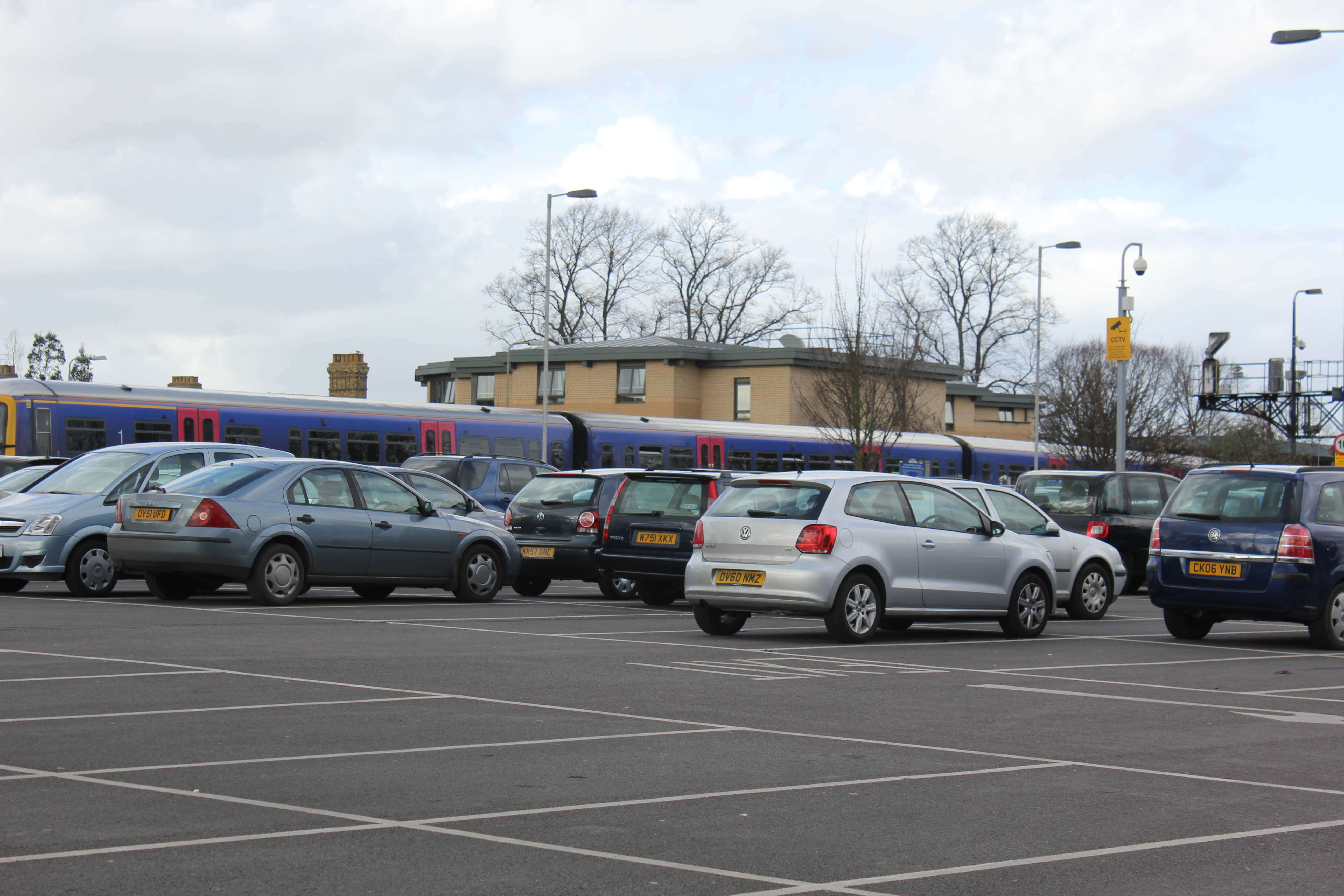Rise of two thirds in five years
There has been a surge in the number of parking firms accessing vehicle data so they can issue penalties to drivers on private land.
According to data published by the DVLA 159 companies brought vehicle-keeper records from the agency in the first three months (April, May and June) of this financial year.
That compared with 97 firms in the same period of 2016, an increase of 64%.
Between them the companies accessed 1.95 million sets of information between April and June 2021. The information is used to issue drivers and vehicle owners with penalty tickets of up to £100 for supposed parking infringements on private land including shopping centres, leisure facilities and motorway service areas.
If that level of ticketing continues for the rest of the financial year the annual total would come close to the record high of 8.4 million set in 2019-20.
The implementation of a Government-sanctioned code of practice, a single appeals service and a system of charges and penalties that would be more in line with those levied by councils is awaiting ministerial sign-off.
Philip Boynes, chief executive of Britain’s biggest parking firm, ParkingEye, told MPs on the Housing, Communities and Local Government Select Committee last week that the “average profit of a car parking operator was about 2.1%”.
But RAC Foundation director Steve Gooding said the DVLA’s figures “cast doubt on the industry view shared with the committee that margins are hanging by a hairsbreadth”.
He continued:
“If that’s the case then how come more and more appear to be joining the industry that is already on track this year to issue a near-record level of demands for parking charges?
“It is inconceivable that more than eight million drivers are setting out each year consciously deciding to flout parking rules and risk ending up with a parking charge.
“These numbers, which have risen in leaps and bounds over the last 10 years, suggest we have a system that isn’t working – not for the motorists who are receiving charge demands and not for the private landowners either.
“That needs to change, starting with the establishment of a single, clear set of rules and an independent appeals service such that motorists know exactly where they stand and any sharp practice by operators is swiftly identified and rooted out.”
Wheel clamping on private land in England and Wales was all but outlawed in 2012 by the Protection of Freedoms Act. However, the act also allowed parking firms to chase vehicle owners for alleged breaches of parking rules rather than having to prove who the driver is.
The Parking (Code of Practice) Act 2019 paved the way for the introduction of an official code of practice to replace those drawn up by the industry itself.
ENDS
Contact:
Philip Gomm – Head of External Communications – RAC Foundation
07711 776448 | [email protected]
Notes to Editors:
The RAC Foundation is a transport policy and research organisation that explores the economic, mobility, safety and environmental issues relating to roads and their users.
The Foundation publishes independent and authoritative research with which it promotes informed debate and advocates policy in the interest of the responsible motorist. All the Foundation’s work is available at: www.racfoundation.org


